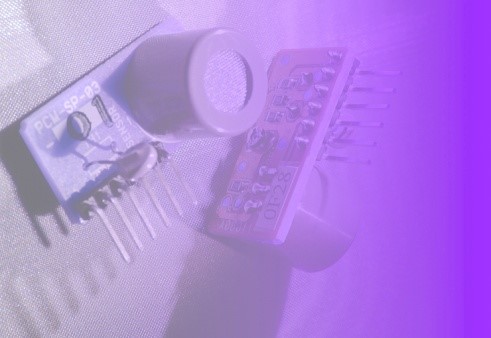
How ozone detection can protect children against Alzheimer’s
It’s easy to think of Alzheimer’s disease as only affecting the elderly, but new research indicates why ozone detection could be an important tool in protecting people against the degenerative condition even from early childhood.
The link between air quality and Alzheimers
Researchers at the Universities of Montana, Carleton, and North Carolina, and the Centro de Ciencias de la Atmosfera at the Universidad Nacional Autonoma de Mexico, have written in the Journal of Alzheimer’s Disease about the link between air quality and a genetic risk factor for the condition.
The most prevalent risk indicator, apolipoprotein E e4 (APOE-e4), raises the likelihood of developing Alzheimer’s disease – and the researchers found other effects particularly in children living in areas of high air pollution who had this genetic indicator.
Among these effects, participants showed signs of poorer attention span and short-term memory, as well as olfactory impairment, such as an inability to identify the smell of soap.
Ozone detection to protect against air pollution indoors
The researchers point out that roughly 200 million people in the US live in air pollution above the recommended standards, ranging from ozone levels to fine particulate matter, and many more children in large cities all over the world are likely exposed to similarly high pollution levels.
With ozone detection, the risks can be identified and tackled, even if only in the interiors of buildings, so that indoor air quality does not put the occupants of premises at any undue risk.
Take a look at Envin’s full gas detection range and place an order with us today to ensure the safety of the people working or living in your premises.

